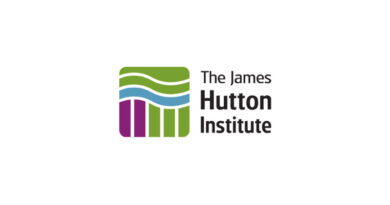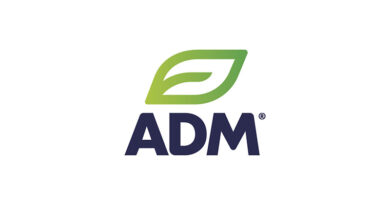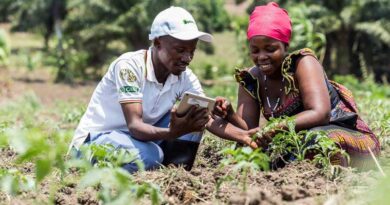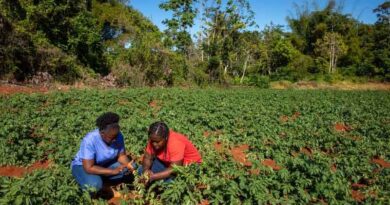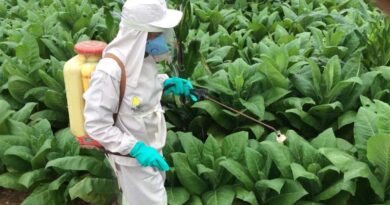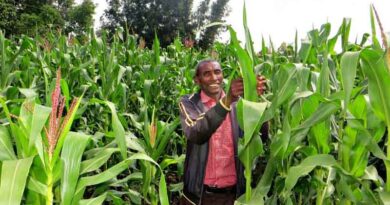CABI shares expertise in all things microbiome at UKRI Innovate UK KTN Microbiome One Health Conference
30 March 2023, Scotland: CABI’s experts in bioscience services and publishing have shared their knowledge on all things microbiome at the UKRI Innovate UK KTN Microbiome One Health Conference held at Strathclyde University in Glasgow, Scotland.
Dr Matthew Ryan, CABI’s Research Lead of Biological Resources and Dr Erika Newton, Journals Publisher, both participated in the event which explored aspects of the microbiome across the One Health spectrum including human, animal, plant and environment.
Dr Ryan chaired a session looking at microbiome data sciences, biobanking and standards. This included Dr Yvonne Pinto, of Eagle Genomics, who spoke about microbiome data sciences and solving the ‘grand challenges.’
Dr Oliver Worsley, from Sequential Skin, then gave a presentation entitled ‘Standardising sample collection with a proprietary Skin Microbiome Patch to propel understanding of skin health forward.’
All three then joined Dr Samantha Law, of NCIMB, and Prof Nicola Holden, from SRUC, Scotland’s Rural College, for a panel discussion on microbiome biobanking and standards.
Dr Ryan is the research lead for Biological Resources and works with CABI’s microbial culture collection of 30,000 living strains from 142 countries, of which 90% are unique. He is currently leading research into ensuring the genomic and functional stability of fungi and bacteria through the development of novel cryopreservation protocols.
More recently, he has played an active role in various international activities to ensure that collection and biobanking infrastructure are developing to meet the needs of the microbiome research community, especially in the areas of Agri-food.
Dr Ryan also contributes to the Imperial College led £10m Leverhulme Centre for the Holobiont, utilising upon CABI’s expertise in the microbiome, biocontrol and collections. This is to help facilitate research which will map the associations between microbes and higher organisms.
CABI is already part of the BBSRC funded UK Crop Microbiome Cryobank (UK-CMCB) to safeguard future research and facilitate the sustainable yield improvement of the UK’s six major food crops including barley, oats, oil seed rape, potato, sugar beet and wheat.
Dr Ryan said, “Understanding the microbiome across the whole One Health spectrum is essential to developing our broader knowledge about how communities of microbes interact with themselves and the organisms with which they live in different systems from humans to the environment.
“The Microbiome One Health Conference gave academics, industry scientists, entrepreneurs and supporting organisations – including funders – the chance to shar the very latest in research and innovation in the field.
“I’m pleased that CABI – from a research and publishing aspect – is able to contribute towards the advancement of knowledge on the microbiome.
“This is exemplified – from the need to ensure greater food security – by contributing, for example, to resources such as the KTN Microbiome Innovation Network’s Microbiome Strategic Roadmap.”
Meanwhile, Dr Newton had the opportunity to highlight CABI One Health, a new open access journal, and CABI’s other One Health resources including One Health Cases and the One Health Knowledge Bank.
All champion a transdisciplinary approach that considers academic and non-academic practical, local and indigenous knowledge in the research process.
She also pointed out that CABI One Health is currently calling for submissions for a special issue of the journal, ‘One Health Microbiome,’ which will be guest edited by a panel that includes Dr Ryan as well as Dr Pedro Carvalho and Dr Gabriela Juarez Martinez of Innovate UK KTN.
The guest editors say “The special issue will explore common challenges and discuss how the research and commercial community can work together in microbiome research and innovation.
“This includes learning about advances being made in innovation across different sectors while understanding common challenges and potential solutions.”
The special issue will cover key supporting activities such as IP, regulatory and manufacturing while considering data management, biobanking and standards – all of which are essential to support microbiome research, development and innovation in a One Health context.
The deadline for submissions to the CABI One Health special issue ‘One Health Microbiome’ is 31 October 2023. More information is available and submissions can be made here.
Also Read: Diageo India launches regenerative agriculture program in Punjab and Haryana farmers
(For Latest Agriculture News & Updates, follow Krishak Jagat on Google News)





